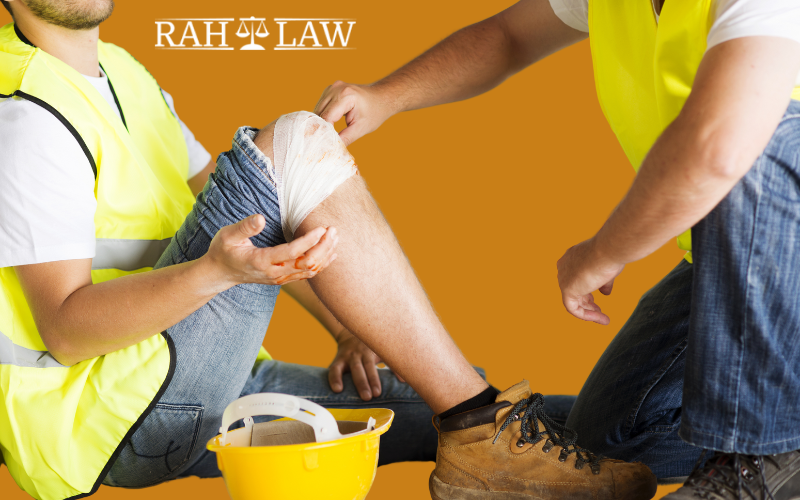
Construction sites are inherently hazardous environments, exposing workers to various risks of accidents and injuries. While safety regulations and precautions are in place, unfortunate incidents do occur. If you’re a construction worker who has been injured on the job, understanding your legal rights and navigating the legal landscape is crucial. This blog aims to provide a general overview of the legal considerations following a construction site injury in Missouri.
Understanding Your Rights
Following a construction site injury, the first step is to understand your legal rights as an employee. Here are some key points to remember:
Workers’ Compensation
Most states in the U.S. have mandatory workers’ compensation insurance programs. This program provides medical benefits and wage replacement for work-related injuries, regardless of fault. It’s essential to file a workers’ compensation claim promptly to receive the benefits you’re entitled to.
Third-Party Liability
In certain situations, you may have the right to file a lawsuit against a third party other than your employer who contributed to your injury. This could include contractors, equipment manufacturers, or property owners. To determine if you have a third-party claim, consulting with a qualified personal injury attorney is recommended.
Essential Steps After an Injury
The immediate aftermath of a construction site injury can be stressful and confusing. Here are some crucial steps to take to protect your rights and well-being:
Seek Medical Attention: Your primary concern should be seeking immediate medical attention for your injuries. Document any treatment you receive, including doctor’s visits, prescriptions, and medical bills.
Report the Accident: Report the accident to your supervisor or employer as soon as possible, following the established protocol at your workplace.
File a Workers’ Compensation Claim: Understand the claim filing process in your state and submit the necessary paperwork promptly. Consulting with an attorney can ensure you meet all deadlines and requirements.
Gather Evidence: Collect evidence related to the accident, such as photographs of the scene, witness statements, and safety reports.
Consult a Personal Injury Attorney: Consider seeking legal advice from a qualified construction site accident lawyer experienced in handling construction site injury cases. They can evaluate your situation, determine the best course of action, and guide you through the legal process.
Building a Strong Case
If you choose to pursue a legal claim, your attorney will work to build a strong case on your behalf. This may involve:
Investigating the Cause of the Accident: Determining the cause of the accident is crucial. This could involve analyzing safety protocols, equipment malfunctions, or violations of safety regulations.
Identifying Liable Parties: Establishing who is legally responsible for your injury is essential. This could be your employer, a third-party contractor, or another entity.
Documenting Damages: Your attorney will help document the extent of your damages, including medical expenses, lost wages, pain and suffering, and potential future medical needs.
The Legal Process
The legal process following a construction site injury can vary depending on the specifics of your case and the chosen course of action. It’s important to understand that:
Negotiation: In many cases, your attorney may attempt to negotiate a settlement with the liable party’s insurance company to avoid a lengthy lawsuit.
Litigation: If necessary, your attorney may file a lawsuit in civil court to pursue compensation for your damages. This process can be complex and time-consuming, but it may be necessary to obtain the compensation you deserve.
Navigating the legal landscape after a construction site injury can be daunting. However, understanding your rights and seeking legal guidance can empower you to make informed decisions and pursue fair compensation for your injuries. Remember, this blog provides a general overview, and it’s essential to consult with qualified legal professionals for personalized advice specific to your situation.

